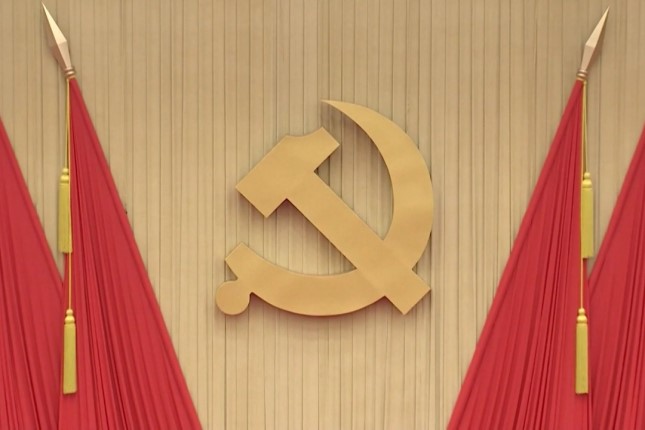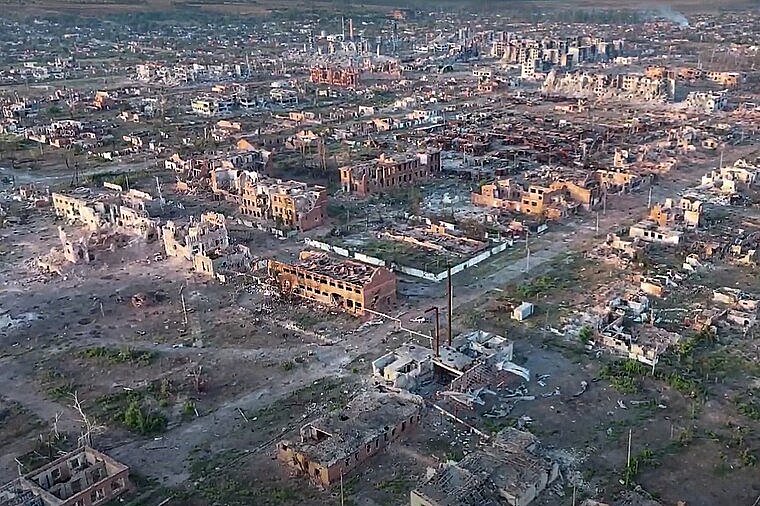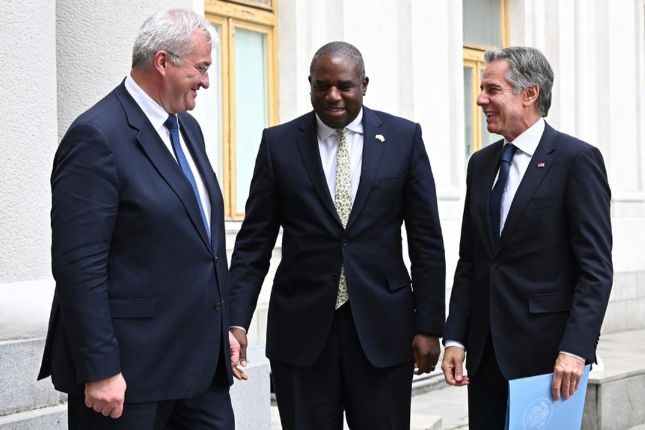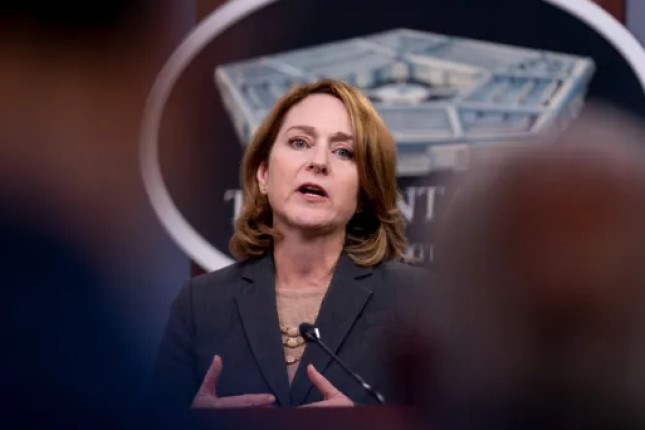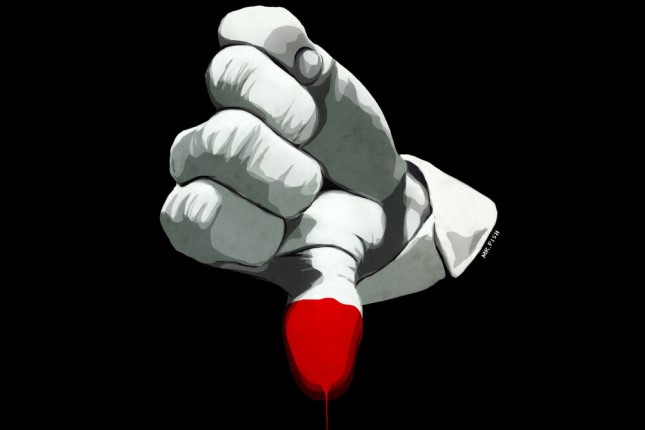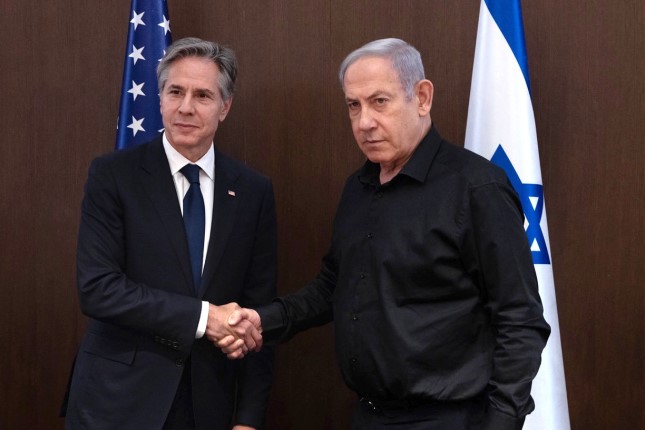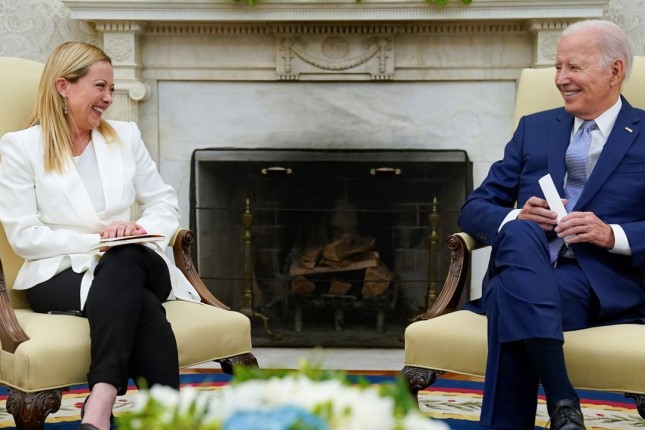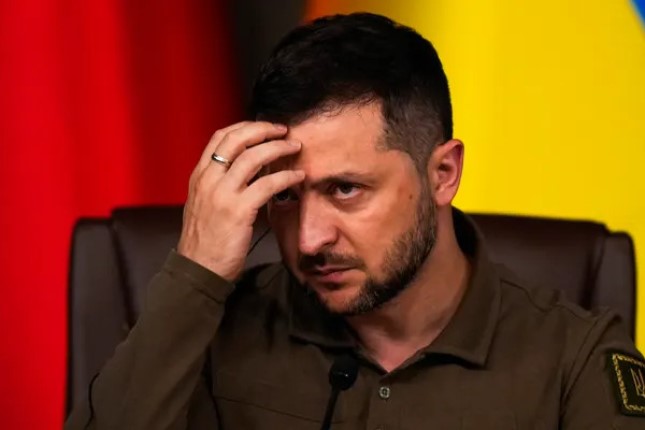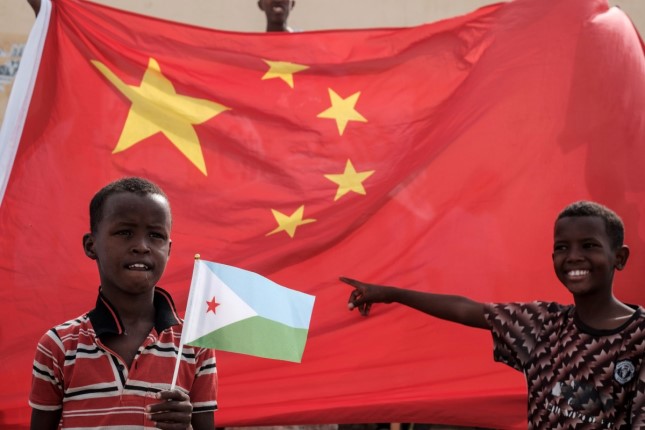Xi Jinping has been re-elected as the General Secretary of the Communist Party of China (CPC) for a third five-year term. He was also reappointed for the third time as Chairman of the Military Council of the CPC's Central Committee. These are the key outcomes of the 20th Congress of the CPC.
Xi's years-long strategy to secure a unique place in the Party's hierarchy and in China's history has culminated in a complete triumph. Xi Jinping has finally achieved a standing that puts him on equal footing with Mao Zedong and Deng Xiaoping.
People's Republic of China (PRC) is thus ushering in a new era: it has been established that China is no longer being guided by someone else's ideas and is offering the outside world its agenda instead.
Red, white, blue
In the process of undergoing its ideological and political transformation China has gone through several phases that could be best illustrated by using three colours:
The Red Period, or Mao's period. Following the tenets of Marxism-Leninism and aligning itself with the Soviet Union.
The White Period, or Deng's period (although the change had been initiated back when Mao was still in charge.) A period characterised by economic pragmatism and reliance on improving ties with the United States.
The Blue Period, or Xi's period. An overt transition to establishing China's own independent centre of power on the basis of the principles of political nationalism and by means of technology-driven control of social processes.
Xi Jinping's ascent to glory began with the crushing of a neo-Maoist faction known as the Red Princes, which started with the affair of Bo Xilai, the hugely popular head of Chongqing (Communist Party Secretary of Chongqing), who made no secret of his orthodox Maoist views, later evolving into a new "Gang of Four" case.
Amid the standoff with the "princes", Xi's influence played into the hands of the reformers, with Hu Jintao in the lead. Ironically, Xi Jinping's rise to power culminated in the bizarre incident with the forceful removal of former CPC Secretary General Hu Jintao from the Party's Hall Congress.
Ju had been a staunch follower of Deng Xiaoping's policies and advocated the importance of keeping China open to the outside world and of maintaining good relations with the United States, even though these relations deteriorated sharply in recent years.
Similarly, Xi Jinping's own policies could hardly be called anti-American, either. His shift toward a more aggressive approach toward the US was essentially a forced move, driven primarily by recent changes in US foreign policy, both toward China and in general.
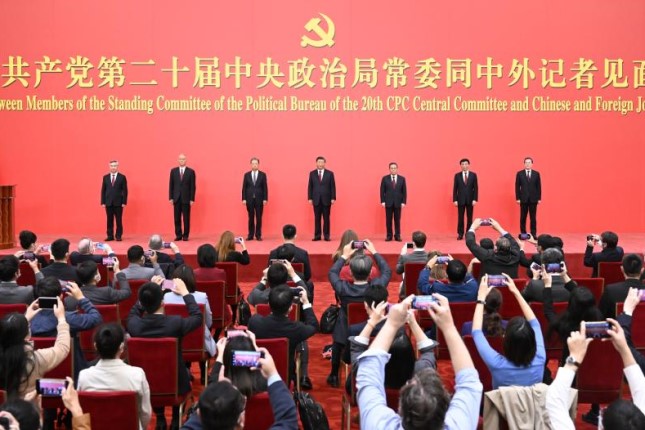
As far back as 2011, when Xi was China's Deputy Chairman, he advocated the idea that the number one priority of the Chinese Communist Party's foreign policy should be fostering a peaceful and favourable international climate conducive to China's growth and development. He further reinforced this commitment in his famous speech at the 2017 Davos Forum about the need to continue the course toward globalisation and to generate new models of global economic growth, cooperation, governance, and development. His remarks at the World Economic Forum were made in response to Donald Trump's winning presidential elections in the US and his introduction of protectionist policies that frightened many around the globe at the time.
When speaking at the 20th Congress of the CPC in 2022, Xi Jinping changed the tenor of his discourse completely, switching to discussing the impending military and strategic confrontation with the US, which prompted many analysts to point out in Xi's eyes that the world of future will be bipolar.
Taiwan and the anti-China consensus
Arguably, China's decision to take a tougher stance was precipitated by last summer's events surrounding Taiwan.
The incident with US House Speaker Nancy Pelosi's visit to Taiwan raised many eyebrows. Was it really necessary to put on this show? And what for, for the sake of improving one's political standing? Was that all there was to it?
Here's what happened back then. Pelosi's visit, and the strong backlash by Beijing who responded by conducting a large-scale military exercise in the region, has led to an anti-China consensus among Washington's elites.
Before the visit, the White House had contemplated lifting several anti-Chinese trade restrictions introduced earlier by Trump. But following the Pelosi visit and Beijing's "retaliatory" military exercise, the Biden administration chose to scrap these plans altogether.

On top of that, later in October, the United States introduced further harsh anti-Chinese sanctions restricting the flow of semiconductors and microchip-making equipment to 28 Chinese companies involved in developing and manufacturing semiconductors. As is customary, these sanctions apply not only to US-based companies but also to all those using US technologies. This move has led to an exodus of US managers and experts from Chinese companies. Furthermore, Washington is now mulling the possibility of establishing joint weapons manufacturing capabilities in Taiwan.
Just a few days ago, admiral Michael Gilday, Chief of US naval operations, urged the US military to prepare for China's invasion of Taiwan as soon as later this year. This is a very revealing statement from an active-duty senior US commander. Gilday pointed out that one should pay close attention to what the Chinese intend to do, considering that over the past 20 years, they have delivered on every promise and foreign policy pledge they had made earlier. This is why the clearly articulated intention of China's leadership not to put off finding a solution to the Taiwan problem for much longer is a reason enough for a very strong response.
Our world has entered a challenging and perilous phase. This is when words and statements should be taken seriously and at face value. The time for idle banter and empty threats is over. If your potential foe is saying it would be preparing for war next year, it will be preparing to fight a war next year.
The Russian side: an echo of the Sino-Vietnamese war
In many ways, Xi's hand has been forced. China is not just responding to an increasingly hostile US foreign policy but also to its realisation that the United States' capacity for constructive economic leadership has been undermined, which is particularly relevant since it was that capacity that once underpinned China's development strategy of the gradual buildup of its economic and military might through the fruit of the US globalisation model.
The age of globalisation is over, or, at least, its most current version is. What is looming ahead is instead an age of alliances. Some are already discussing the dawn of an age of macro-regions as the geo-economic foundation of a multipolar world. But this world of macro-regions, if it does materialise at all, is not to emerge until sometime later. In this era of geopolitical tensions, our civilisation will have to go through an age of alliances and conflicts that could potentially – or not at all – give rise to the emergence of macro-regions.
In that sense, the war in Ukraine takes on special significance as it puts a definitive and irrevocable end to Russia's past aspirations to integrate with the West while establishing a basis for building geopolitical trust between Moscow and Beijing.
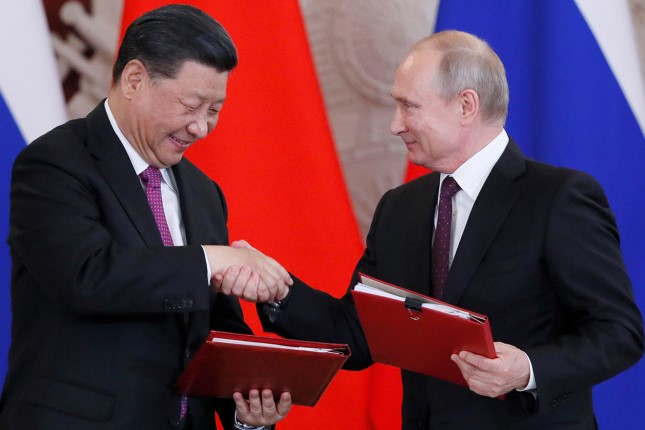
Moscow has effectively burned all bridges, and this means that as Beijing performs its anti-US pivot, it can count on Russia's unwavering loyalty without having concerns about Moscow's duplicitous advances towards integration with the West it had been continuously making before the outbreak of the war.
In a sense, this somehow rhymes historically with the Sino-Vietnamese conflict of 1979. That war and the Soviet Union's pro-Vietnam stance symbolised a turning point in Sino-Soviet relations. It simultaneously weakened the ranks of China's hardliners in the military and those who supported the idea of normalising relations with the Soviet Union, ultimately helping establish a consensus among the Chinese elites about the need for developing special ties with the United States.
This time around, the past role of erstwhile China is being played by Russia. The latter's military operation in Ukraine, which is fundamentally its proxy conflict with NATO, has shut the door to any possibility of closer relations with the West while opening the door to the East. There are no pro-Western forces left within Russia that could and would want to oppose the nation's strategic rapprochement with China.
